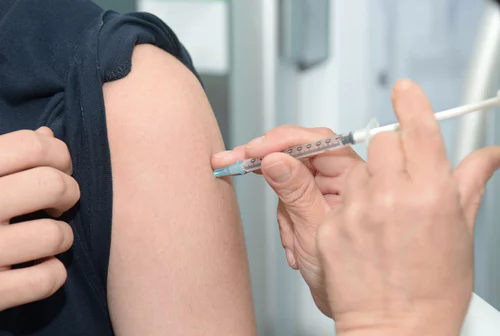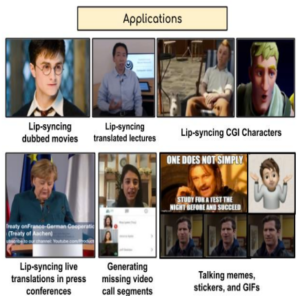Are the risks of not vaccinating children worth it?
November 9, 2018
By MADISON RINDAHL
The Mirror reporter
 The benefits of getting your kids vaccinated far outweigh the risks of not but the number of innocent children not getting vaccinated is climbing.
The benefits of getting your kids vaccinated far outweigh the risks of not but the number of innocent children not getting vaccinated is climbing.
The Center for Disease Control (CDC) states, “100,000 young children have not had a vaccination against any of the 14 diseases for which shots are recommended.” An example is whooping cough (pertussis).
In 2017, 1.3% of children were completely unvaccinated; that is up a percentage point from 2011. There is still the question of why parents wouldn’t get their kids vaccinated.
Parents feel mandatory vaccines infringe upon constitutionally protected religious freedoms. Multiple religions oppose vaccines and mandatory vaccinations. Many churches and religious communities have different opinions about vaccinations and whether they are safe or not.
Parents feel vaccines may contain harmful ingredients. Some physicians think Thimerosal, which is an organic compound commonly found in the flu vaccine, is linked to autism.
The Wakefield study was conducted in 1998 by Andrew Wakefield. His hypothesis was that the measles, mumps, and rubella (MMR) vaccine caused the development of autism stemming from intestinal inflammation and proteins which are harmful to the brain. Wakefield described 12 children who had intestinal complaints and developed autism within one month of receiving the vaccination
However, his study had some flaws. The MMR was administered when many children were getting diagnosed with autism. The determination of whether MMR causes autism is best made by studying the incidence of autism in both vaccinated and unvaccinated children. That was not done. So how could he really know for sure whether or not the vaccine had caused the autism?
Another flaw was that the symptoms of the vaccine were observed after, not before. Wakefield’s research is not part of any scientific record because it was found to be based on scientific misconduct. His study was found fraudulent and data misrepresented.
There are a lot of people who think vaccines are not good, unsafe, and may harm the ones they love. I believe that not getting vaccinated causes more harm to the ones you love.
Immunization can save your child’s life due to advances in the medical science department. Vaccines.gov states “Some diseases that once injured or killed thousands of children have been eliminated completely and others are close to extinction- primarily due to safe and effective vaccines.”
An example is the polio vaccine which had “a major impact in the United States in preventing and stopping the spread of a terrible disease that left many children crippled for life.”
Vaccines in some cases eliminated diseases that killed or severely disabled people just a few generations ago. An example would be smallpox vaccination eradicated that disease worldwide.
Immunization can also protect other vulnerable people in our communities. Certain people are not able to receive a certain vaccine due to severe allergies, weakened immune systems from a certain illness or other reason. That is why it is important to get children vaccinated if you can, to help protect others in the community that is unable to protect themselves. Vaccinating is not just about helping your own family, but also preventing diseases from spreading throughout our population.
By vaccinating children against rubella (German measles), the risk that pregnant women will pass this virus to their fetus or newborn has been dramatically decreased. And birth defects associated with Rubella are no longer seen in the United States.
If people keep vaccinating their children now, parents in the future may be able to trust that some diseases of today will no longer be around to harm their children in the future.



































































